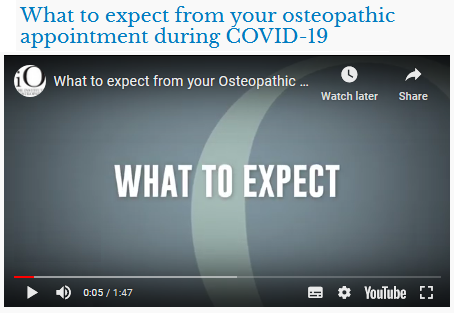 The Institute of Osteopathy can confirm that osteopaths operating in all areas of the UK can now open to general practice following the implementation of the relevant adaptations required to manage the risk of infection of COVID-19.
The Institute of Osteopathy can confirm that osteopaths operating in all areas of the UK can now open to general practice following the implementation of the relevant adaptations required to manage the risk of infection of COVID-19.
We know that following an extended period of lockdown by the general public, many people are experiencing issues with their MSK health, which can also have consequences for other areas of their health and well-being. The iO has issued an information video for the public so that they can be confident of the steps that will have been taken to put their safety first while accessing osteopathic care.…
Read more of this article

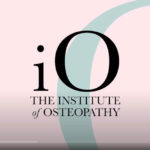


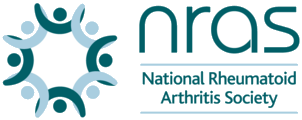 NRAS is delighted to announce Simon Collins as the newly elected Chair of the Board of Trustees and would like to thank Gordon Taylor for four years as chair. The Society is pleased that Gordon will continue to serve as an NRAS Trustee.
NRAS is delighted to announce Simon Collins as the newly elected Chair of the Board of Trustees and would like to thank Gordon Taylor for four years as chair. The Society is pleased that Gordon will continue to serve as an NRAS Trustee.
 NRAS has been working with the social enterprise Good Boost, who champion the phrase “Move More, Have Fun, Feel Better.” Their mission is to create more affordable and accessible options for MSK community health services, and they use technology at the forefront for change.
NRAS has been working with the social enterprise Good Boost, who champion the phrase “Move More, Have Fun, Feel Better.” Their mission is to create more affordable and accessible options for MSK community health services, and they use technology at the forefront for change.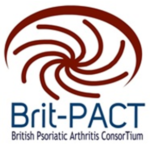
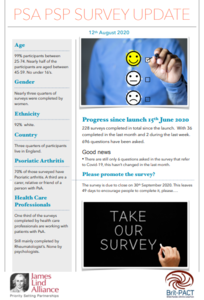
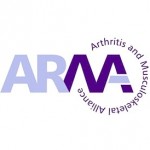

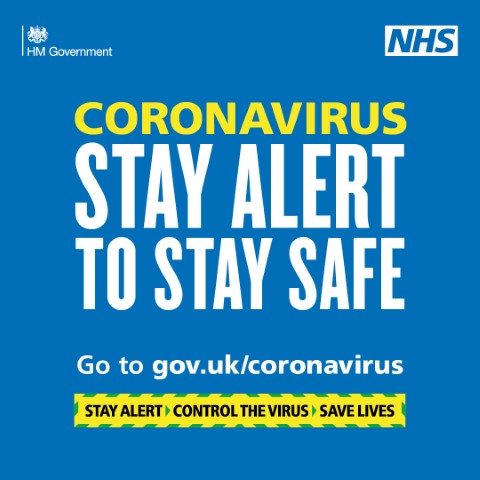 PHE has updated their public messaging to convey the latest advice from the Government regarding coronavirus. The new posters display the key messages for the ‘Stay Alert’ phase, containing official guidance relating to social distancing in specific settings:
PHE has updated their public messaging to convey the latest advice from the Government regarding coronavirus. The new posters display the key messages for the ‘Stay Alert’ phase, containing official guidance relating to social distancing in specific settings:


 New campaign to help those with sleep struggles during lockdown
New campaign to help those with sleep struggles during lockdown
 Alongside the pain and misery of the Covid-19 pandemic there have also been some beneficial side effects – quiet streets and skies, birdsong, less pollution. This is also true in the world of MSK. ARMA has been a champion for the
Alongside the pain and misery of the Covid-19 pandemic there have also been some beneficial side effects – quiet streets and skies, birdsong, less pollution. This is also true in the world of MSK. ARMA has been a champion for the 
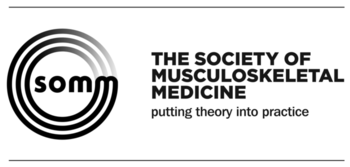 SOMM’s next Foundation course is due to be held in London in September, and all courses following are still scheduled to take place at the moment. The Society is keeping a close eye on advice as the lockdown eases.
SOMM’s next Foundation course is due to be held in London in September, and all courses following are still scheduled to take place at the moment. The Society is keeping a close eye on advice as the lockdown eases.